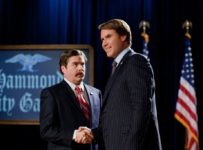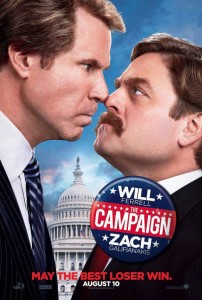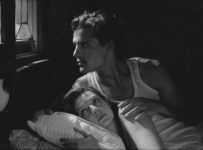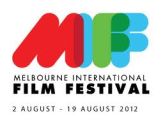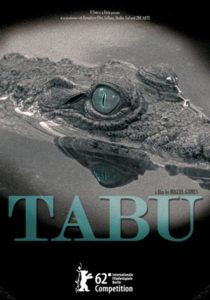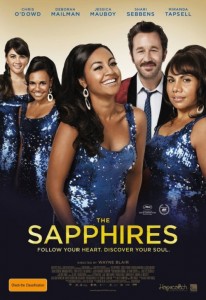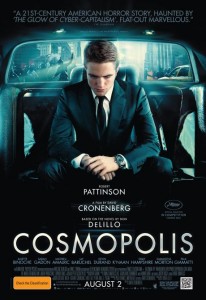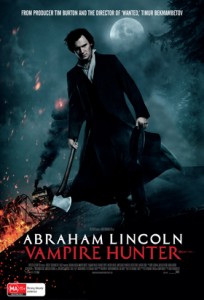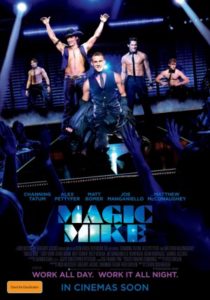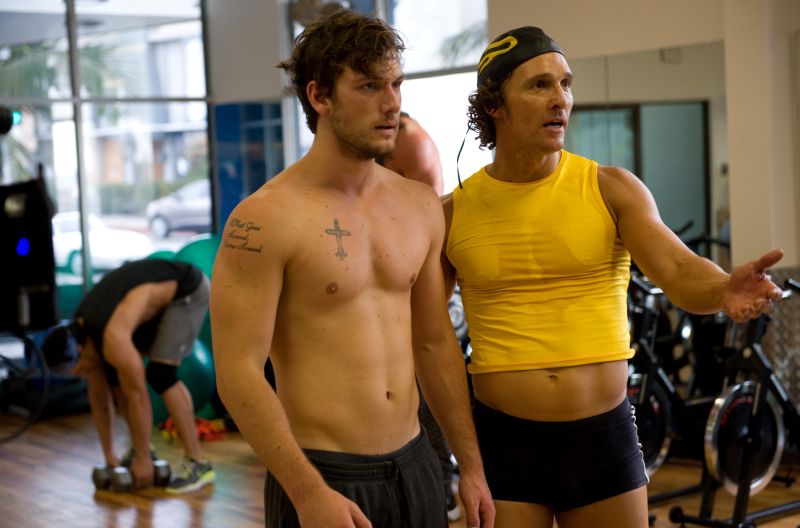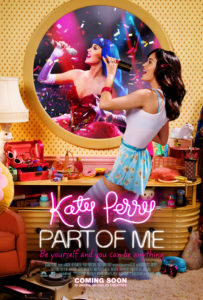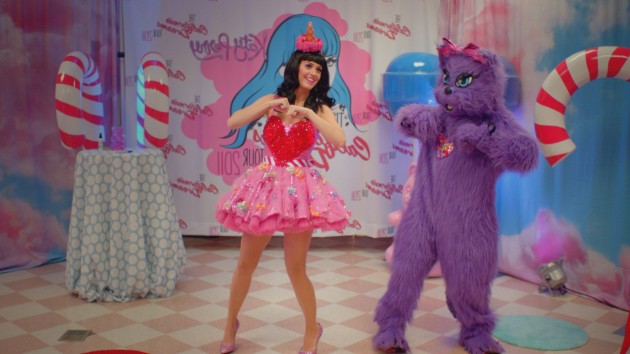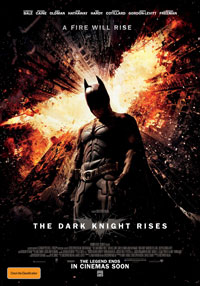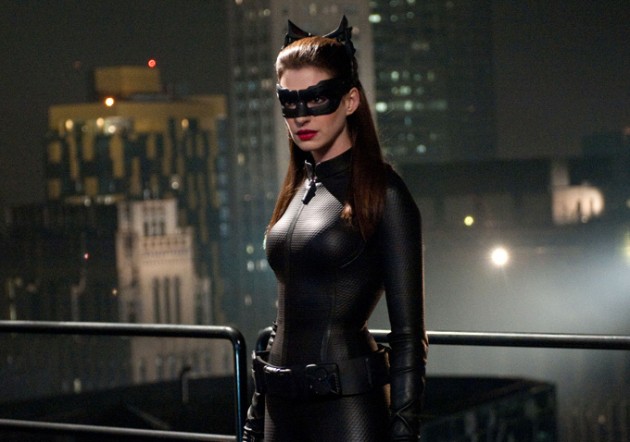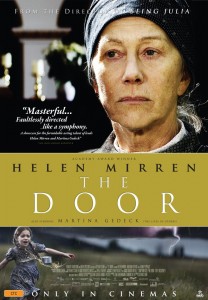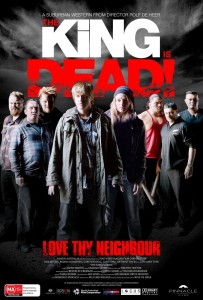Like his character, Will Ferrell has run unopposed for many years. Yet the vote’s in on his latest, and you won’t be demanding a recount.
[stextbox id=”grey” caption=”The Campaign (2012)” float=”true” align=”right” width=”200″]
Director: Jay Roach
Writer: Chris Henchy, Shawn Harwell
Runtime: 85 minutes
Starring: Will Ferrell, Zach Galifianakis, Jason Sudeikis, Dylan McDermott, Katherine LaNasa, Sarah Baker, John Lithgow, Dan Aykroyd, Brian Cox
Distributor: Roadshow Films
Country: US
Rating (?): Rental for Sure (★★)
Quite separately, producer/director Jay Roach and Will Ferrell have carved out their own comedy empires. While the former has guided Ben Stiller and Mike Myers into their own successful franchises, Ferrell has similarly created a cavalcade of dysfunctional characters who are almost interchangeable with one another. Having rapidly run out of obscure sports and British secret agents to spoof, the duo turn their comedic eyes towards the increasingly ridiculous world of US politics, with the Eastbound & Down team of Chris Henchy and Shawn Harwell behind the erratic screenplay.
Cam Brady (Will Ferrell) is an unopposed long-term North Carolina congressman, but has recently fallen out of favour with the community. Not paying attention to adviser Mitch (Jason Sudeikis), Brady continues his hedonistic behaviour. However, when shady businessmen the Motch brothers (Dan Aykroyd and John Lithgow) decide they want control of the district so they can sell it off Chinese, they choose the naive Marty Huggins (Zach Galifianakis) as their puppet. Guided by the ruthless Tim Wattley (Dylan McDermott), it’s on for young and old as the race for congress heats up.
Modern politics is such a public circus that it barely needs a satirical skewer, and public slinging matches have become the expected norm rather than the quirks of the radical fringes. Indeed, it is the bureaucracy of democracy and spin-doctoring of policy that has served as the basis for The Thick of It from the UK, its US equivalent in Veep and Working Dog’s The Hollowmen here in Australia. Yet with The Campaign, the creative team eschews any notion of subtlety, and instead chooses to firmly clip viewers over the back of the head with an alleged comedy of errors, rather than any real attempt at satire.
Just as the superior Zoolander derived much of its humour from the cluelessness of the protagonists, strung along as puppets of big business (don’t tell Fox News), so too does The Campaign rely on the singular personalities of Ferrell and Galifianakis. Ferrell’s public persona has run without opposition for several years, and so too has his comedy. The semi-improvisational stylings reveal the limits of a persona honed through Anchorman, Blades of Glory, Talladega Nights and The Other Guys, highlighting the fact that the freshness of this approach is also dependent on the quality of the material. With The Campaign, it simply isn’t there.
Overly reliant on crude humour and ‘shock tactics’, such as an underwhelming dinner conversation between Galifianakis and his family, most of the jokes are telegraphed before they even get to the set-up. Missing a golden opportunity to skewer a political system that is as broken as the script for The Campaign, even the presence of John Lithgow and the reliable Brian Cox fail to lift this out of mediocrity. This is one campaign that fails to live up to its promises.
The Campaign is released in Australia on 9 August 2012 from Roadshow Films.
